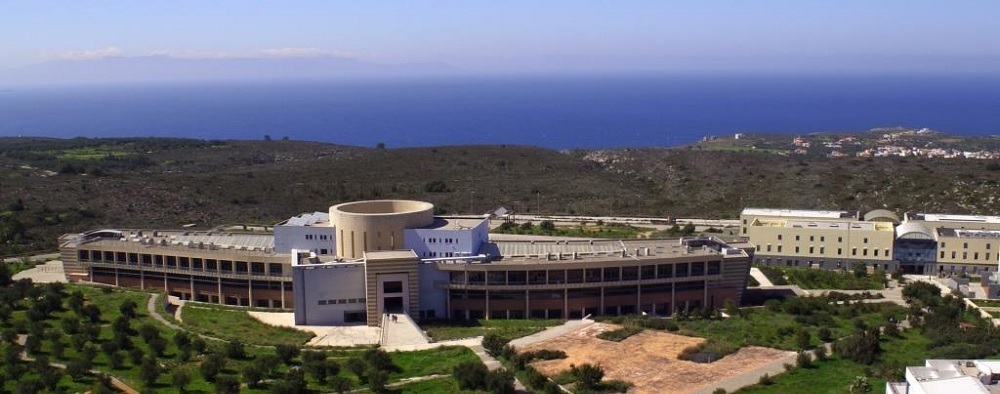Κατάλογος Εκδηλώσεων
27
Σεπ
 Λ - Κτίριο Επιστημών/ΗΜΜΥ, 2042, Πολυτεχνειούπολη
Λ - Κτίριο Επιστημών/ΗΜΜΥ, 2042, Πολυτεχνειούπολη 27/09/2019 11:00 - 12:00
27/09/2019 11:00 - 12:00Σχολή Ηλεκτρολόγων Μηχανικών και Μηχανικών Υπολογιστών
Πρόγραμμα Προπτυχιακών Σπουδών
ΠΑΡΟΥΣΙΑΣΗ ΔΙΠΛΩΜΑΤΙΚΗΣ ΕΡΓΑΣΙΑΣ
ΚΑΛΟΓΕΡΑΚΗΣ ΧΡΗΣΤΟΣ
με θέμα
Σχεδίαση Ηλεκτρονικού Συστήματος Ελέγχου για την Μεγιστοποίηση της Παραγωγής Ενέργειας Φωτοβολταϊκών Συστοιχιών, βασισμένου σε Τεχνικές Τεχνητής Νοημοσύνης
Design of an Electronic Control System for Maximizing the Energy Production of Photovoltaic Arrays, based on Artificial Intelligence Techniques
Παρασκευή 27 Σεπτεμβρίου 2019, 11 π.μ.
Αίθουσα 2042, Κτίριο Επιστημών, Πολυτεχνειούπολη
Εξεταστική Επιτροπή
Αναπληρωτής Καθηγητής Κουτρούλης Ευτύχιος (Επιβλέπων)
Καθηγητής Καλαϊτζάκης Κωνσταντίνος
Αναπληρωτής Καθηγητής Λαγουδάκης Μιχαήλ
Abstract
The subject of this thesis is the design of an electronic energy management system for maximizing the power generated by a photovoltaic (PV) array. For that purpose, an innovative Maximum Power Point Tracking (MPPT) algorithm was developed, which is based on reinforcement learning, in order to operate the PV array at the Maximum Power Point (MPP) under uniform and non-uniform incident solar irradiation conditions. The PV system under study consists of an MPPT control unit, a DC/DC Boost-type power converter and a battery. For the implementation of the MPPT control system, four different Q-learning-based MPPT methods and a Particle Swarm Optimization-based (PSO) MPPT method were implemented. The Q-learning-based MPPT algorithms were simulated for multiple alternative shading patterns of the PV array and their performance was compared to that of the PSO-based MPPT method. The simulation results demonstrated that the Q-learning-based methods exhibit faster convergence to the global MPP (GMPP) than the PSO-based MPPT method when an appropriate learning process has been applied before their execution.



